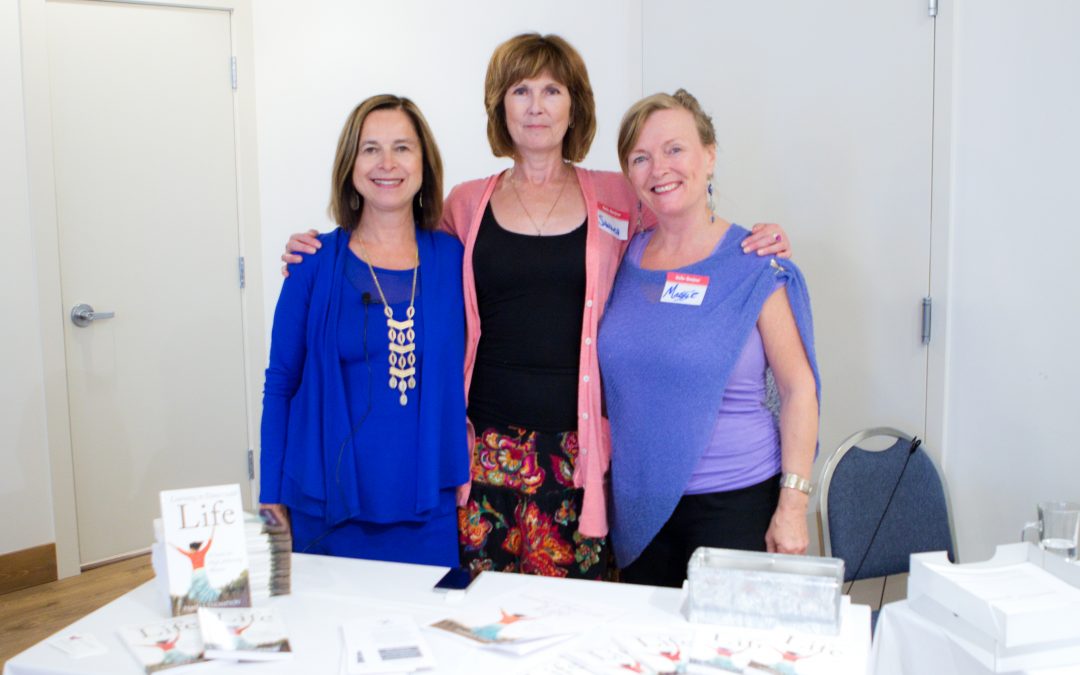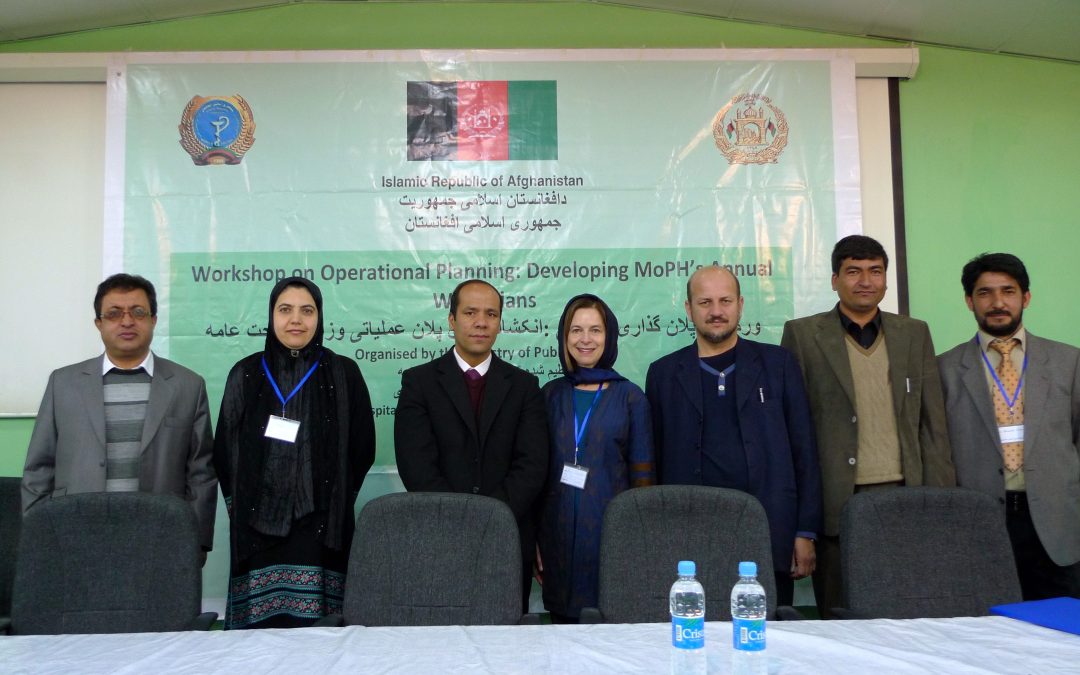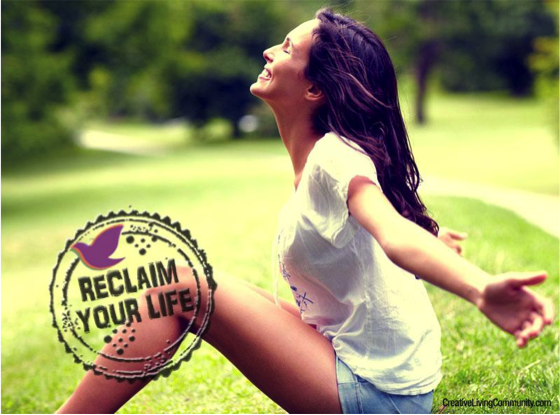
by pam | Jun 21, 2017 | Coping with Change, Creative Living, Health & Wellbeing, Life Transitions
I recently visited the Okanagan for a conference and to reconnect with old friends. It felt so good to spend time in the presence of folks I had gotten to know over the 8 years I had lived near Kelowna. You know how you feel when you haven’t seen or spoken to someone in a while and it seems like only yesterday since you’ve chatted? You pick up easily and effortlessly and feel relaxed, accepted and valued in their presence. Having moved from a place I had lived longer than anywhere since I left home at 18, I realize that I had started to put down roots. Do you relate? Moving to a new city within the past year, I so miss the deep connections I have with old friends.
So what is connection and why is it so important?
Brene Brown defines connection as “… the energy that exists between people when they feel seen, heard and valued; when they can give and receive without judgment; and when they derive sustenance and strength from the relationship.”
A growing body of research shows that our learning, health and wellbeing are profoundly shaped by our social environments and connections with others.
Matthew Lieberman in his book Social: Why Our Brains Are Wired to Connect makes a strong case that the human need to connect with others is as basic as our need for food, shelter and water. Lieberman draws on findings from his own research and others to demonstrate that “being socially connected is our brain’s life long passion; … (and) “he argues that the need to reach out and connect with others is a primary driver behind our behavior.” We are wired to try to understand others and connect with them.
A strong body of research shows that social support, which includes emotional connection with “… a trusted group or valued individual, has been shown to reduce the psychological and physiological consequences of stress, and may enhance immune function. Social networks, whether formal (such as a church or social club) or informal (meeting with friends) provide a sense of belonging, security, and community.”[1]
Rita Pierson, an educator for 40 years, makes the case in a humorous and brilliant TED Talk[2], that a positive relationship and connection between teacher and student is important for learning to occur. It’s not just about “pouring information into children’s heads”.
Knowing these facts about the value and importance of human connection has amazing implications on the way we facilitate learning in schools, collaboration and productivity in workplaces, and a sense of harmony, security and belonging in communities.
Reflecting on your life so far, can you identify educators, peers, bosses and friends who have strongly influenced your life in positive ways? What characteristics did they possess, and what positive impacts did they have on you, your health and wellbeing, learning, and/or sense of security and belonging?
I welcome your shares and comments below. Feel free to share this post with others.
[1] https://www.takingcharge.csh.umn.edu/social-support
[2] https://www.ted.com/talks/rita_pierson_every_kid_needs_a_champion

by pam | Jun 1, 2017 | Benefits of being in nature, Conscious Living, Creative Living, Leadership, LeadinginUncertainTimes
I believe that humanity is essentially good and that we are all interconnected.
I believe that everything happens for a reason.
The Universe provides me with what I need and Great Spirit is guiding me towards fulfillment.
Nature connects me with my soul.
I believe that life is an adventure to be lived to the fullest and
that I am here to help build peace in the world.
(Learning to Dance with Life: A Guide for High Achieving Women, p. 6 –
http://creativelivingcommunity.com/blog/the-book/
What do you believe?
In a previous post (http://creativelivingcommunity.com/leading-in-uncertain-times-the-power-of-perception/), I shared the power of perception and how it affects our ability to lead effectively in uncertain times. In this post, I will share some lessons learned based on my own beliefs and experiences gleaned from leading and managing in a variety of organizations and cultures on 5 continents.
Lessons Learned:
- We are all the same. We all want to be valued, respected, to feel safe, secure and to belong.
When living and working in Afghanistan six years ago, I was sitting in the rose garden of the Ministry of Public Health eating lunch with one of my female Afghan colleagues when there was a powerful explosion. Within seconds of the huge blast, my Muslim colleague was phoning each of her family members to ensure that they were all safe. I think most of us would have done the same. We all value family and care about those close to us. The explosion was from a number of suicide bombers entering the military hospital across the road. The result was the senseless deaths of a number of Afghan patients and their families, and medical students.
I have enjoyed managing and consulting in a number of culturally diverse and uncertain environments, and believe my effectiveness has been largely due to the belief that we are all the same. When you view everyone through the lens of that belief, you are able to connect with them, and work effectively whether or not you speak their language or have the same cultural background or religion. In Afghanistan using participatory processes, I was able to collaboratively develop/co-create the first strategic plan with the Ministry of Public Health, and have it pass through all the policy layers and be signed off by the Minister within 9 months.
I invite you to experiment tomorrow and try throughout your day to view everyone you see through the lens and belief that “we are all the same”, whether it be a homeless person, a colleague you have a tense relationship with, or a family member you have difficulties relating to. Try this and notice what you notice.
- We are all interconnected.
You may have heard that when a butterfly flaps its wings in the Amazon, two years later it can result in a tornado in Kansas. The butterfly effect[1] has demonstrated that a small change in one area can result in powerful future outcomes in another. If you as a leader believe in an organizational culture that focuses on people, understanding and collaboration, you have the power to shape and change the organization based on how you treat and respond to people and challenging situations daily. How you communicate with others has an impact throughout the organization and beyond. We all have heard about the disheartened employee who has gone home and kicked his dog or beaten his wife.
I invite you to “try out” this belief and have it in the forefront of your mind when you interact and communicate with others on a daily basis in your workplace, community, and family. Notice how this affects your interactions, the organizational morale and environment.
- Nature connects me with my soul.
Did you know that when you walk in forests, it reduces your blood pressure, reduces your heart rate and increases the number of natural killer cells your body produces (i.e. strengthens your immune system)? Based on longitudinal research, the Japanese have institutionalized forest bathing or forest therapy. In their highly competitive culture, they encourage and support people to regularly visit centers in forests throughout Japan to forest bathe, and they continue to collect powerful longitudinal data on its valuable effects.
I encourage you to spend time in nature for 30 minutes or more at least 3 times a week. When I spend time in nature I feel relaxed, energized, happy and free. My stress is reduced (if I’m having a particularly stressful day). If as leaders we are committed to spending regular time in nature, do you think it would positively impact our effectiveness?
- Life is an adventure to be lived to the fullest.
Based on this belief, I’ve lead an adventurous and full life so far [and hope to continue doing so J ]. I’ve lived and worked in the mountains of northern Colombia with peasant farmers in the late 80s when Pablo Escobar was “running around” and the Medellin Cartel was in full swing. I’ve lived and worked in Kabul, Afghanistan for 13 months from October 2010 to November 2011 (a volatile and uncertain time), and managed large multi-stakeholder projects in Pakistan and Nigeria where corruption is rampant and violence can erupt at any time. When I don’t have adventure in my life I get restless and feel unfulfilled, and I either seek out adventure or it serendipitously comes my way. Similarly, if contribution and making a positive difference in the world is one of your core values[2] and you work in an organization that is “all about the money”, over time you will likely feel unhappy and unfulfilled. This will affect your personal and your work life.
I encourage you to identify your core beliefs and what is most important to you, and then begin living them everyday.
I welcome your comments and experiences below. What lessons have you learned from leading in uncertain times? Which lessons above do you resonate with? Appreciate you sharing the post with others.
[1] https://en.wikipedia.org/wiki/Butterfly_effect
[2] For more about core values and why they are important: http://creativelivingcommunity.com/do-you-live-in-alignment-with-your-core-values/

by pam | May 15, 2017 | Beliefs & Values, Conscious Living, Coping with Change, Creative Living, Life Transitions
The passing of someone close to us reminds us of our own mortality and provides the opportunity to reflect on our lives and how we want to be remembered. Are you living the life you love? Are you using your gifts and talents to make the world a better place? Do you typically awaken with a smile on your face and a song in your heart? Are there some changes you would like to make to live a life more aligned with your core values? [1]
These are some questions that came up for me on the recent passing of my dear father, George Edsol Robert Thompson, affectionately known as Bob. Despite losing both parents by the time he was 21 and his only brother at 29, he was a compassionate man who touched the lives of many, and achieved most if not all the goals he set. A devoted husband and father, he and my Mom raised 3 daughters who all get along well and love each other.
As a tribute to my Dad I would like to share the open letter I spoke from my heart at his recent “celebration of life”.
Dear Dad,
Thank you for:
- Believing in me and making me believe that I can “be” or “do” anything I choose to “be” or “do”.
- Instilling in me the value of education and a thirst for learning.
- Encouraging and exposing me to try a wide variety of sports. I remember and so appreciate all those rides from the cottage to Iroquois and back for swimming lessons, and the basketball games and track and field events you faithfully attended.
- Modelling for me with Mom what a loving family looks, acts and feels like, and for instilling in me strong family values.
- Exposing me to nature. I have such fond memories of those camping trips to the west and east coast, and in particular the six-week adventure we took with a tent trailer when I was 13 and my sisters were 3 and 5. Who does that? YOU did Dad with Mom’s amazing support. Thank you Dad for …
- Inspiring me to be the best I can be.
You will be dearly missed and never forgotten, not only by me, my sisters, and our families, but by the many lives you touched throughout your teaching career and life.
I love you.
My Dad lived an extremely full, and fulfilling life. He accomplished pretty well everything he wanted to do. How many of us can say that?
What legacy do you want to leave? How do you want to be remembered? I welcome your thoughts and comments below.
[1] For more info on core values see http://creativelivingcommunity.com/do-you-live-in-alignment-with-your-core-values/

by pam | Feb 6, 2017 | Creative Living, High Achieving Women, Self-Care, Stress Management
As women, many of us have been socialized to always give to others first, and to put ourselves at the bottom of the list. We may have come to believe that we are selfish if and when we do something for ourselves, such as having a massage, going for a walk on our own, or taking time to journal each morning. Guilt and negative feelings often result from this. We may find it challenging to accept compliments and often deflect or make light of them.
If you are the one others typically come to for support, you may view asking for support as a weakness. You may worry that this will change how people see and value you. After all you are a strong, capable women who has all the answers. Don’t you?
When you constantly give and do for others without taking time for yourself what are the costs? Giving, in and of itself, is a good thing. We feel positive to be helping and supporting others; however if we are out of balance in our giving, over time we may become resentful and SOoo tired because we are giving to everyone else, and not taking time for and nourishing ourselves.
What if we as women recognized the importance of reaching out for and accepting support? What if every time someone gave us a compliment we were able to stay in our bodies, acknowledge and mindfully receive the positive message we were being given? What would that look and feel like?
What if we integrated regular self-care and nurturing into our lives such as regular walks in nature, yoga, journaling, regularly connecting with girl friends, and felt like we deserved this, and that it was essential to our overall health and well being. The reality is, doing so makes us much more responsive, less reactive, more fun to be around, and more present with those we care about.
Did you know that to change a health behavior, we not only need knowledge, skills and motivation; we also need social support. That is, support from others to change a behavior and integrate it into our lives so it becomes a healthy habit. There is a lot of research to show that the more social support[1] people have, the more preventive health actions they take.
When people give support we feel good inside. And when we receive support our bodies produce oxytocin, the bonding hormone. Research shows that oxytocin has a number of positive physical and psychological benefits from enhancing trust, self-esteem, optimism and feelings of mastery to reducing blood pressure, gut inflammation and stress.
I recently facilitated a workshop where I shared a model and positive actions women can take to embrace and learn from life transitions, and reduce the stress associated with major life changes. The need to share was huge, and just knowing that others were facing or had faced similar issues and challenges created openness, understanding and support within the group.
So how can you feel more comfortable asking for and accepting support from others? From my own journey and work with others, I find it easiest to take baby steps. Initially reach out and ask for support for something small. It could be asking a friend or colleague for a drive to an event during a particularly busy week, or asking your partner to do the dishes when you’ve prepared the dinner.
So the next time you’re feeling tired and would like some help, think of who you may reach out to and ask them for support. Notice how it feels. Often when we ask others for support, they feel honored that we did (as long as we don’t do this on a frequent and ongoing basis J).
I invite you to try reaching out and asking for support and notice how you feel and how others respond. I welcome your comments and shares below. Feel free to share this with others who you think might benefit.
[1]
“Social support means having friends and other people, including family, to turn to in times of need or crisis to give you a broader focus and positive self-image. Social support enhances quality of life and provides a buffer against adverse life events.” –https://www.takingcharge.csh.umn.edu/social-support

by pam | Jan 24, 2017 | Conscious Living, Creative Living, Self-Care, Stress Management, Women in Business, Work/Life Balance
Do you habitually check the news feeds on your smartphone before falling asleep?
On awakening do you check Facebook on your phone?
Are you finding it challenging to fall asleep, and do you often awaken feeling unrested?
Do you feel stressed, and have difficulty focusing?
If you answered “yes” to any or all of the above questions, you are not alone, AND you may benefit from a digital detox.
What exactly is a digital detox? According to Wikipedia, a digital detox “refers to a period of time during which a person refrains from using electronic connecting devices such as smartphones and computers.” It is recommended that you do a digital detox for 24 hours or more.
The Evidence[1]
Did you know that:
- 67% of cellphone owners find themselves checking their device even when it’s not ringing or vibrating
- One out of ten Americans report depression; heavy internet users are 2.5 times more likely to be depressed
- 95% of people use some type of electronics in the hour leading up to bed, and
artificial light from screens increases alertness and suppresses the hormone melatonin by up to 22% negatively affecting sleep, performance and mood
- Unplugging for just one day can give some users mental and physical withdrawal symptoms.
The Benefits of a Digital Detox
Scientific studies and social experiments have noted the following results from digital detoxing:
- Reduced anxiety
- Improved sleep/reduced fatigue
- Increased productivity
- Increased connection with self and others leading to improved relationships
- Improved focus
- Increased creativity
- Increased energy
- Improved memory
- Increased clarity
- Enhanced health
Getting Started/How to do a Digital Detox
Frances Booth[2] shares some valuable suggestions on how to do a digital detox. She and others recommend the following.
Create a Positive Mindset
Identify for yourself why you want to do the detox and the benefits it will provide. While thinking about each benefit, imagine how you will feel in your body when you have achieved it. For example, how will it feel to be more productive, more creative, more connected to family and friends, more relaxed. … .
Plan Ahead
Identify a 24-hour period when you want to try a digital detox. Ideally make it a weekend or a time when you aren’t working. Tell your family and friends your plans, and why you’re doing it.
Plan some time in nature, as being among trees reduces blood pressure, reduces your heart rate and increases the number of natural killer cells your body produces.
Plan some one-on-one time with your partner, a friend or your family to truly connect with them.
Ask for Support
Tell your family and friends of your plans, and why you’re doing it.
You may wish to invite a partner or friend to do the detox with you. Support is important when changing any behavior.
Notice How You feel and Express Yourself
When you start the detox, notice how your feel. It’s not unusual to be fidgety and have some withdrawal symptoms. You may find it helpful to write down your feelings. If you feel the urge to connect, take some deep breaths in through your nose and out through your mouth. Experience the feelings rather than “pushing them down”.
During the detox and after, notice what you notice and write down those feelings.
Make Digital Detoxing a Habit
The more digital detoxing you do, the easier it becomes. Try unplugging for at least 90 minutes before you go to bed each night. Go offline for 24 hours each weekend.
Parting Words
I love the tagline of http://digitaldetox.org/ “Disconnect to Reconnect”. Unplugging is relatively easy, yet the results are profound.
An Invitation
I invite you to try a digital detox. If you’ve already tried one, please share your experiences and comments below. Share this post with people you care about who could benefit.
[1] http://digitaldetox.org/manifesto/
[2] http://www.forbes.com/sites/francesbooth/2014/06/13/how-to-do-a-digital-detox/3/#7461fa00253e

by pam | Jan 9, 2017 | Conscious Living, Creative Living, Entrepreneurship, Women in Business
The beginning of a new year is a great time to think about what you will do differently in the coming year. I love the image of a butterfly as it makes me realize I CAN reinvent myself in some ways, and the start of a new year is an optimal time to do this. 2017 is a particularly special year, as according to numerology, it is the first year of a 9-year cycle. This means that what do you in 2017 sets the path for the following 8 years. I am excited and rejuvenated thinking about what I am going to do differently this year! What will support me to awaken each day with a smile on my face and a song in my heart?
Here’s what I plan to do differently this year (in my life and in my work).
- More “being” – open to possibilities, and to listening to the messages I receive
- More “receiving” – self-nurturing; taking time for myself doing things I enjoy
- More adventure – sleeping on a sailboat and taking a trip to Europe or Asia with my Sweetie
- More time in nature
- More cycling
- More video
- More speaking “gigs”
- New/Updated website
- More leverage in my business
- More writing – perhaps start my memoir?
What would you like to do differently this year?
Take a few moments to ground yourself and get present. Write down the question above, and the responses that come to you. Try to stay in your body and write from your “heart” instead of your head. When you finish writing, go through each statement, say it aloud, and notice how your body responds to it. I suggest only including things that excite you, and will support you to awaken each day with a smile on your face, and a song in your heart.
I’d love to hear what exciting plans you have for 2017! Feel free to share them and your comments below. I appreciate you sharing the post with others.





